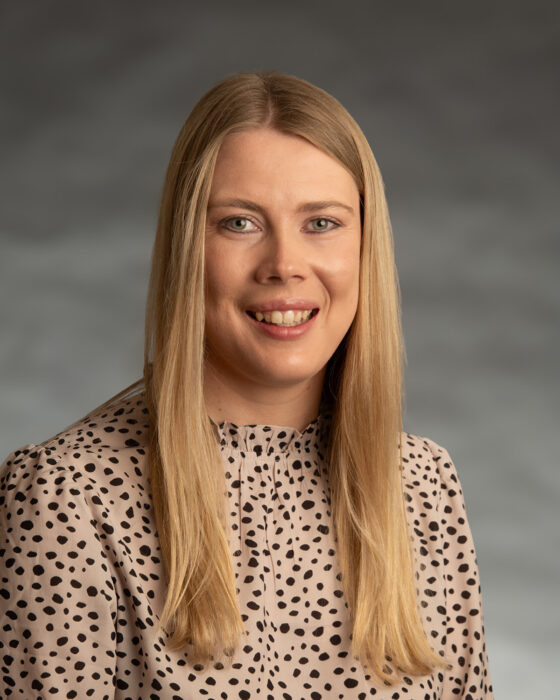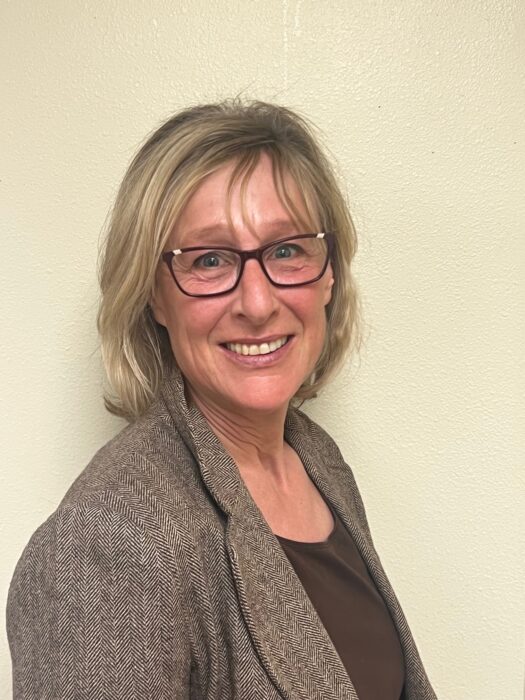
Meet Our Speech Pathology Team: Enhancing Communication and Hearing for a Better Life
 Lauren Grell, M.S., CCC-SLP
Lauren Grell, M.S., CCC-SLP
Lauren Grell grew up in the New York area and attended the University of Alabama, where she earned both her undergraduate degree and Master of Science Degree in Speech-Language Pathology. With a minor in Spanish and a bilingual upbringing in a German-speaking home, Lauren’s career has taken her to Seattle, Salt Lake City, and now Teton Valley. She has practiced as a licensed professional in outpatient, school, and hospital settings, gaining extensive experience working with both pediatric and adult populations. As a dedicated Speech-Language Pathologist, Lauren values collaboration among all professionals and team members to provide the best care. Believing that communication is the basis for human connection, she is passionate about helping others gain or regain their communication skills.
 Gabriele Seffert M.A., CCC-SLP
Gabriele Seffert M.A., CCC-SLP
Gabriele Seffert grew up in Germany and moved to the United States after completing her college education. In 2008, Gabriele and her husband discovered Teton Valley and fell in love with this beautiful place. They finally moved here full-time from Colorado in 2020. Gabriele received her Master of Arts degree in Speech-Language Pathology from the University of Northern Colorado. Her primary focus within this specialty has been working with adults in acute and subacute care, short- and long-term rehabilitation, and outpatient settings, with some work in pediatrics. She is grateful to be a part of such a fantastic interdisciplinary team at TVH and is dedicated and passionate about providing the highest level of evidence-based care to her patients and their families.
What is the scope of practice of a speech-language pathologist you may ask?
Speech and language impairments across the age spectrum include:
- Aphasia. This involves problems speaking, understanding, reading, and writing. Often misunderstood, aphasia does not affect a person’s intelligence. The most common cause of aphasia is stroke.
- Cognitive-communication disorders. This involves problems with thinking that can affect communication. Some examples are difficulty paying attention, remembering, organizing thoughts, and solving problems.
- Apraxia of speech. This involves the way the brain plans and coordinates speech movements.
- Dysarthria. This involves changes in the muscles and nerves used for speech and/or breathing.
- Voice disorders. This involves changes in pitch, loudness, and vocal quality that negatively impact communication.
- Dysphagia. Swallowing impairment can be caused by numerous diseases and injuries. A person’s ability to eat and drink is related to maintaining good health, recovering from illness, ensuring quality of life, and is a central part of many social experiences and family traditions.
- Speech sound disorders (articulation). Some children have difficulty clearly producing speech sounds which impacts their ability to be understood by others.
- Language disorders. Language disorders may be expressive, receptive, or both. For example, some children have difficulty using words, grammatical structures, forming sentences, following directions, and understanding questions.
- Stuttering. Known as fluency disorders. Disfluencies may include repetitions, prolongations, and blocks. We are all disfluent on some level; however, stuttering is more than disfluencies. Stuttering may also include tension and negative feelings about talking.
At Teton Valley Health Care’s Rehabilitation Center, we are proud to offer comprehensive services that support our patients and their families on their journey to improved communication and well-being.
You can reach our team at 208.354.6317 Extension 115 or Fax referrals to 208.354.6355.
Don’t forget to stop by our Rehabilitation Center Grand Opening Event May 22nd, 5:00pm – 6:30pm!